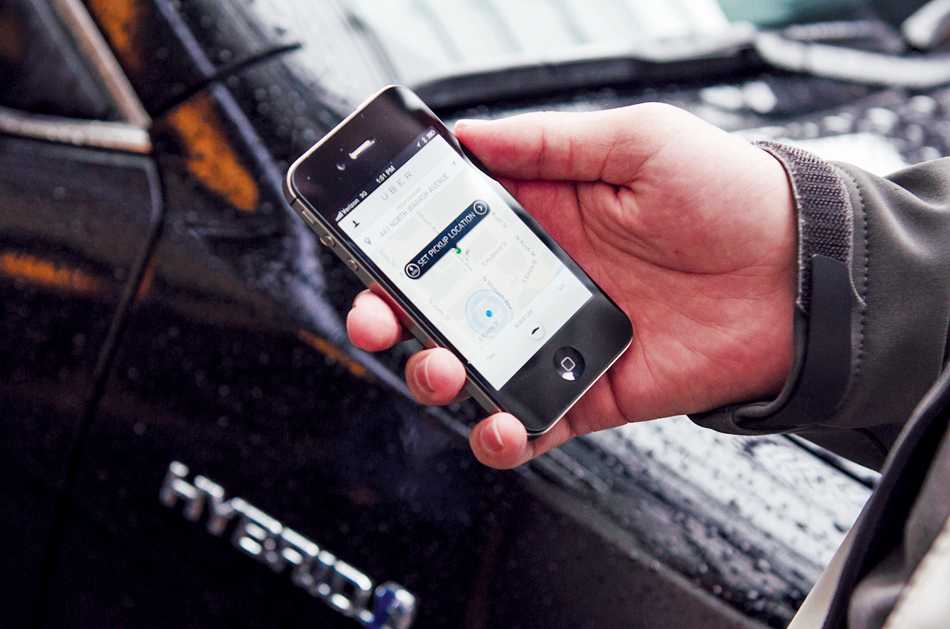Gov. Quinn vetoes ‘Uber bill,’ prevents statewide rideshare regulations
August 26, 2014
Illinois Gov. Pat Quinn vetoed two bills Monday that would impose new statewide regulations on commercial ridesharing services, such as Uber and Lyft.
The legislation, dubbed the “Uber bill,” would have required rideshare drivers to obtain background checks, vehicle safety inspections and multiple types of insurance. Drivers could no longer be hailed from the street or pick up customers in loading zones and at taxi stands.
The bills would have created statewide regulations, preventing local governments in Illinois from establishing their own ridesharing standards.
In a message to state legislators in which Quinn officially vetoed the bills, the governor said he did not want to rush to impose a rigid statewide structure without waiting to see if rideshare challenges could be first be fixed through local ordinances.
“The principle of home rule is an important one,” Quinn said in the news release. “I am vetoing this legislation because it would have mandated a one-size-fits-all approach to a service that is best regulated at the local level.”
Quinn’s vetoes are in line with his agenda to protect consumers and create jobs in Illinois, the governor’s office said Monday in a news release.
A spokesperson for Bruce Rauner, the Republican nominee running against Quinn in the upcoming Illinois gubernatorial election, praised the current governor for doing “the right thing” in vetoing the bill.
Last month, Rauner called on Quinn to veto the bill, while expressing his support for Uber as an “innovative, growing company” that would add 425 more jobs in the state. Although he said drivers should have background checks and insurance, Rauner said the bill would bog down Uber with “burdensome regulations” that would discourage companies from thriving in Illinois.
The city of Chicago has already passed various rideshare regulations. The ordinance, aimed at ensuring public safety, will go into effect August 26.
In his message to Illinois legislators, Quinn said both lawmakers and the public can learn from the implementation of the Chicago ordinance on how to best adopt ridesharing practices that will be most effective in their communities.
Supporters of the bills touted the legislation for monitoring rideshare operations and protecting customers with safety regulations.
“You can’t have an industry operating in a regulatory vacuum,” State House Rep. Michael Zalewski (D-Riverside) told The Daily in May. “There needs to be some basic level of understanding about minimum regulations.”
Rideshare services publicly criticized the bills for drastically changing the way they would operate. Acting as taxicab alternatives, rideshare companies hire drivers that transport passengers using their personal vehicles.
An Uber spokesperson told the Daily the bill would strictly benefit the taxicab industry and impose harmful regulations on rideshare drivers.
(Ridesharers voice opposition to bill that implements new regulations)
The legislation originally passed through the Illinois General Assembly easily. In order to override Quinn’s veto, the state House of Representatives would need 71 votes, while the state Senate would require 36.
Email: [email protected]
Twitter: @paigeleskin


